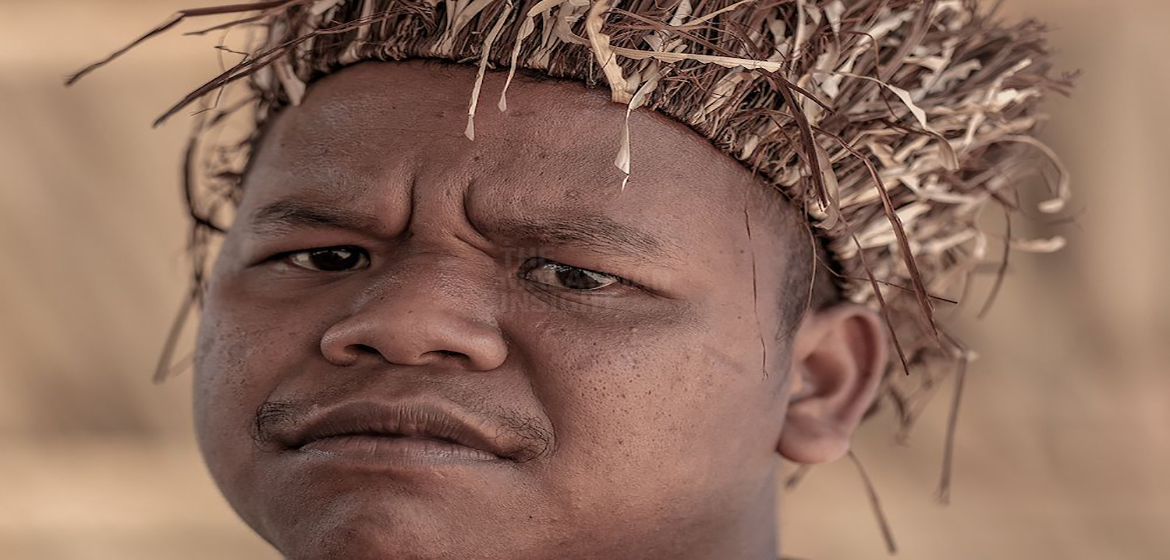By
MUSTAFA Along was offered RM200,000 to get his tribe to lift a blockade to prevent logging in the rainforest of Gua Musang.
But Mustafa would not sell out, not even for RM1 million as the Ulu Kelantan jungle is a lifeline to his people – it is their supermarket, medicine chest, water supply plant, and temple.
Their blockades at the entry points into three forest reserves, which are also important water catchment areas for Kelantan, have led to confrontations with timber and plantation companies and the Forestry Department and Kelantan government, which supports the planters and loggers.
The clearing of jungle to make way for oil palm plantations has made it hard for the Orang Asli to grow food and get clean water.
The Temiar tribe have been fighting deforestation since 2012, and their blockades are regularly torn down by the authorities.
Previous blockades have resulted in scores of Temiar men, including Mustafa, arrested, only to be released without being charged.
Mustafa, who has organised these blockades, said he had been offered money to stop the Orang Asli protests against the felling of trees in the Perias, Balah and Gunung Stong forest reserves.
He said he had been offered RM200,000 from a Chinese Malaysian businessman and another bag of cash from a Malay Muslim who headed a plantation company.
Breaking the rice bowl
These offers were made when Mustafa and his people put up a blockade in 2014 in Kuala Betis, about half an hour from Gua Musang.
Kuala Betis is the main gateway to the three forest reserves, which blanket the remote southeast of Kelantan.
The Orang Asli started putting up blockades in 2012, after their numerous letters, memorandums and protests to the state government over the past decade fell on deaf ears, said Mustafa.
“We were never poor or hungry when the forest was intact,” said Asod Busu, 52, of Kampung Parik, a Temiar settlement in Kuala Betis.
“But now, our ability to plant food, find medicine and live off the forest has been drastically affected,” said Asod, of the effects of logging on the community of about 4,000 people.
“We can’t even find clean water because all the rivers are polluted.”
__full.jpg)
Logging in Gua Musang has also been blamed for the severe floods that wrecked half of Kelantan and left thousands homeless in 2014.
“Some villages such as Pos Bihai, were totally cut off from the outside world when their houses flooded. They couldn’t feed their kids because the 'ubi kayu' (cassava) crop was destroyed.”
Asod said the Forestry Department did not regulate the loggers, who had a free hand to cut down everything.
“The law says you cannot cut anything that is below 40 inches (in circumference) and that you have to immediately replant the tree you cut down. But if you look at the lorries coming out of the forest, they have trees that are only six inches thick”.
During a visit to the site, The Malaysian Insight found lorries transporting logs of varying sizes out of the Kuala Betis area.
“It’s called 'cuci mangkuk' (cleaning out the bowl),” said Awer Awi, 31, Asod’s friend, describing a common practice of timber firms.
“They cut everything down – small or big and up to the river’s edge with no buffer zone.”
Undeterred
In February 2016, the Forestry Department and police arrested 41 Temiar and destroyed their wooden and bamboo blockades.
The group was released two days later and no charges were filed.
“They could not find anything unlawful in what we did. During questioning, they asked us what we planted, how many people were in our villages. Nothing to do with the blockade,” said Asod, who was one of those detained.

Today, the same tribe has put up three barricades. In Cawas leading to the Perias forest reserve, Kaleeg on the road to the Balah reserve and Kegeeh, going to the Gunung Stong Selatan forest.
Each blockade is manned by about 30 individuals who cook, wash and sleep in a makeshift camp. They take three to five-hour shifts to guard against loggers who may return for timber that has been cut but not taken out of the forest.
So far, there has not been any serious confrontations with the authorities or the logging companies, said Mustafa, when giving The Malaysian Insight a tour of the Cawas blockade.
“They only come to take out all their equipment and machines. There’s a field where they store some of the logs that have been cut but which they have not taken out yet.”
There has not been any news that the authorities plan will raid and destroy the current barricades – yet.
“It because of the elections. They don’t want to create a negative scene. We know they will come after us after GE14,” said Mustafa.
But the tribe is undeterred, even if their barricades are torn down.
“We will put up a new blockade or we’ll try another approach such as taking the government to court.”
Source:
Related to SDG 10: Reduced inequalities, SDG 13: Climate action and SDG 16: Peace, justice and strong institutions



